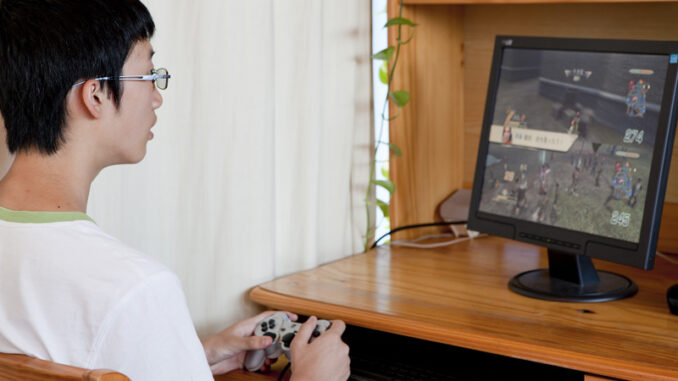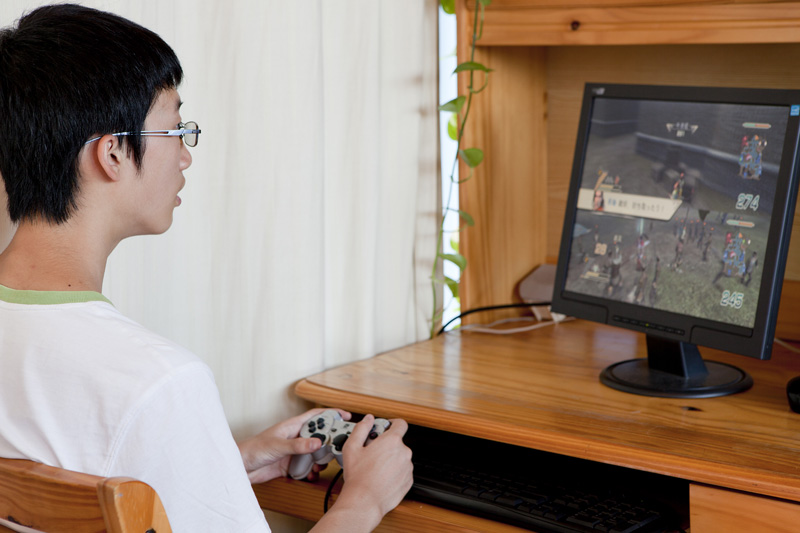

It’s no surprise that teenagers like video games. But can they actually use gaming to learn? One gaming company, Ubisoft, has long used historical backdrops for its Assassin’s Creed series. Now, however, they’ve taken the link between gaming and history a step further. Assassin’s Creed: Origins is set in Ptolemaic Egypt. When played in “Discovery Tour” mode, the game is like a series of mini history lessons. 75 tours cover everything from daily life, to monuments, to agriculture. To ensure historical accuracy, the Assassin’s Creed team even keeps a full-time history graduate on staff.
But is playing the game a reliable and effective way to learn history? Ever since a video game called The Oregon Trail was developed in the late 1970s, teachers, game developers, parents, and students alike have wondered about the possible intersection of gaming and education. Based on your own experiences, You Decide: Should video games be used to teach history?
YES
- Students learn in different ways. Historical video games could be especially helpful for visual, auditory, or kinesthetic learners.
- The immersive experience of video games makes the material feel more real, relevant, and fun; students who are more engaged with what they learn are more likely to remember it later.
- Students who enjoy playing historical video games may be motivated to research the issues they learn about further on their own, or to study history later in life.
- Games are better-suited than textbooks to teach complex systems: in other words, they can teach students to think critically about history as not being simply “what happened,” but rather the result of research, debate, and differing–sometimes contradictory–perspectives.
NO
- Video games are often not historically accurate: full realism isn’t always possible, and game developers may sacrifice some realism in favor of entertainment value. As a result, students may learn incorrect facts.
- Studies show that while students can learn from video games, they learn more from a traditional lesson with a teacher.
- Disadvantaged students and/or school districts may not have access to the tools needed to play a video game.
- The “gamification” of sensitive historical events–such as wars, famine, or genocide–can feel disrespectful to people who survived the event themselves, or who are descendant from people who did. It can be difficult to convey empathy in a video game.
- If students play a historical video game instead of reading a textbook or scholarly article, it can contribute to diminishing literacy skills.
